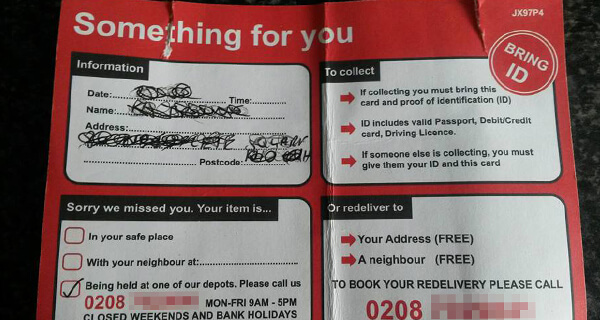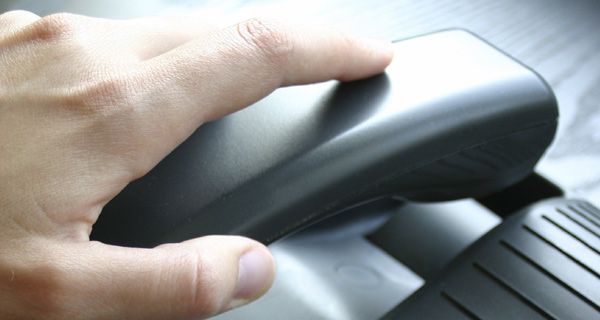
The Proactive Intelligence Team debriefs convicted offenders to identify emerging trends and have found that your signature is one part of a puzzle that the fraudsters are putting together. Your signature could be the final piece - once they get hold of it they could drain your bank account or commit identity crime.
A convicted fraudster who was recently interviewed said: “If we want to get someone’s signature it’s really easy. All we do is put on a fluorescent coat or vest, knock on the door and ask the person to sign for a letter or a flyer”.
“They don’t need signing for but nobody ever questions why and we don’t hang around for a chat! Once we have the signature we can make changes on their bank accounts and authorise fraudulent money transfers.”
How to protect yourself
- Not expecting a delivery? Be suspicious.
- Question what you are signing for, look for official identification and if you do sign, just print your name.
- Check your bank and financial statements carefully and report anything suspicious to the bank or financial service provider concerned.
Criminals commit different frauds depending on the type of the personal information they manage to steal. Your identity is a precious commodity; you should take every precaution to ensure that it isn’t abused or stolen.
Our ‘Not With My Name’ campaign revealed than one in four of us living in the UK has fallen victim to an identity crime, losing on average £1,200 each. The knock-on effects can also be huge, causing massive personal distress and inconvenience and taking up to 200 hours of a persons’ or businesses’ time to fix. Follow these tips to keep your identity safe.
To report a fraud and receive a police crime reference number, call Action Fraud on 0300 123 2040 or use our online fraud reporting tool.



